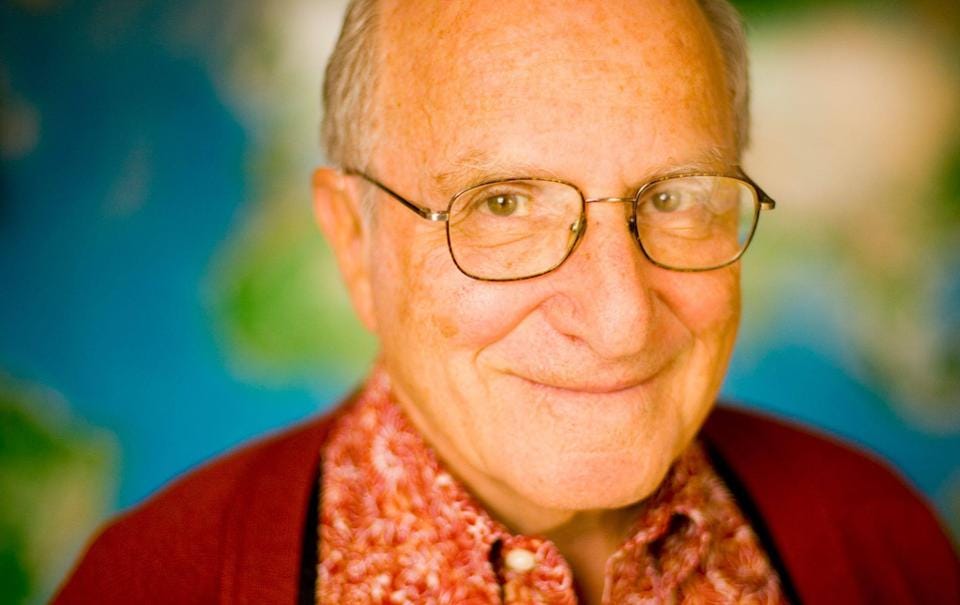What You Think Of The Jerk Who Cuts You Off In Traffic Matters More Than You Think
This post was originally produced for Forbes.
How do you feel about the driver who cuts you off in traffic? What do you conclude about the character of the driver? Is your first reaction that the driver is someone you’d love to grab coffee with?
If you’re human, you likely conclude the driver is a jerk who cares nothing for others.
When you cut someone off in traffic, how do you explain that to yourself? How does that reflect your character?
Chances are, you’re much more understanding of your own error. When you cut someone off in traffic—if you even notice you’ve done it—you might think, “I was in a hurry.” You might even blame the other driver for trying to pass on the right, for driving too fast or too slowly or for violating an unwritten but well understood (if only to you) traffic norm.
Sitting calmly in the coffee shop, reading this article you can probably dispassionately recognize that people who cut you off in traffic can be accorded the same sort of exculpatory patience that you allow yourself.
In general, we attribute others’ bad behavior to permanent character traits and our own bad behavior to circumstances or at worst a fleeting lapse in judgment. That dichotomy is known as attribution error.
Learning to recognize that is a key step in developing genuine empathy.
For social entrepreneurs, impact investors, philanthropists and nonprofit leaders, strengthening the empathy muscle is essential.
When we see those we hope to serve as complicit in their own problems, our approach to offering help is impaired.
For instance, if we see low-income villagers in Guatemala as the cause of their own poverty, we distance ourselves emotionally from them.
Those living in a village in Guatemala, or a slum in Kampala, Uganda or on the streets in San Francisco have had a different life experience than we have. It is unlikely we can ever fully put ourselves in their shoes. It is a form of arrogance to suppose that we can imagine and thereby understand how they arrived at their situation.
Real empathy and effective interventions grow out of an assumption that the people we hope to help have in all circumstances done the best they could with the resources and information available to them.

Social entrepreneur Paul Polak CREDIT: WINDHORSE INTERNATIONAL
Once we can begin from that frame of mind, we can listen and learn. They can tell us how our proposed offerings will or won’t work for them. Acclaimed social entrepreneur Paul Polak suggests spending a week in a place, including full days with a single family, to better understand their needs and problems.
Having lived two years in Argentina working among mostly lower-income people, and having lived a year in China teaching at South China University of Technology, I am convinced that Polak’s notion of spending a week with people should be viewed as a minimum and not as universally adequate for understanding people.
We really cannot hear, understand or learn from people we do not view fundamentally as peers, human beings with an equal right to live on the planet and enjoy all the benefits life offers. This requires empathy and that requires avoiding attribution error.
Follow me on Twitter or LinkedIn. Check out my website.
Are you part of the good crowd? Join GoodCrowd.school, school for changemakers today.
The post What You Think Of The Jerk Who Cuts You Off In Traffic Matters More Than You Think appeared first on Your Mark On The World.


